The Japanese are sometimes said to suffer from ‘outsider person shock’ (gaijin shokku) when travelling abroad. Recently in London we had a lodger from Hiroshima who wanted to practise his karate routines in our back garden. Concerned to see him chopping at our apple tree in full combat gear, a metropolitan police helicopter hovered in close to take a look. Afterwards Mr Kinoto admitted to me that he was lost in London amid alien signs and habits. ‘The object of my time in England is not sightseeing’, he told me ruefully, ‘but home-staying.’
I thought of the Japanese lodger while reading Italo Calvino’s wonderful essays, Collection of Sand, published in Italy in 1984, a year before Calvino died at the age of only 62. Some nine of the 38 essays are devoted to Japan, a country that entranced as much as it mystified Calvino. The ‘tiny trotting steps’ of Kimono-clad Kyoto women are a source of amazement to him, as are the ornamental lawns he sees made of ‘moss rather than grass’. His meticulous observations of Japanese life and culture owe something to the French intellectual Roland Barthes, whose fine book on Japan, Empire of Signs, is mentioned approvingly here.
During his 15-year exile in Paris, Calvino got to know Barthes well enough. ‘In Memory of Roland Barthes’, written shortly after Barthes was killed in a car accident in Paris in 1980, Calvino reflects on the mandarin diversity of interests displayed by the French writer, from food to photography to fashion. Beneath Barthes’s decidedly academic erudition, however, was a man with a vocation for wit and satire. Barthes was in fact conspicuous among European intellectuals for his refusal to be glum, Calvino suggests.
These essays, many of them, are distinguished by a sly philosophic humour and whimsy. Meditations on the Emperor Trajan’s monumental column in Rome, Paris waxworks, Delacroix, medieval cartography and Inca shrines keep the pages turning. No doubt the myriad references to Mediterranean botany and floriculture reflect the varied arboreal life of Calvino’s native Liguria in northern Italy (as well as his parents’ own background in agronomy). The essays on Mexico and Iran offer a sensuous immediacy of detail and punctilious description of foodstuffs and architecture that recall Calvino’s last complete novel, Mr Palomar, published in 1983, in which the eponymous hero is seen to enjoy a life of abstract thought and reflection.
The price Calvino paid for his own cerebral ratiocinations was perhaps a lack of human involvement. ‘Stamps from States of Mind’, a bravura performance, celebrates the philatelic obsession of the American artist Donald Evans, who created hundreds of hand-painted postage stamps of non-existent countries. Calvino as a writer was himself tirelessly absorbed in minutiae (maxima in minimis, the smallest facts are the most significant); some of his work smells rather strongly of the lamp and things intellectual. Exquisitely translated by Martin McLaughlin, these essays are a wonderfully brainy (but not too brainy) delight.
Got something to add? Join the discussion and comment below.
Get 10 issues for just $10
Subscribe to The Spectator Australia today for the next 10 magazine issues, plus full online access, for just $10.
Available from the Spectator Bookshop £8.99, Tel: 08430 600033
You might disagree with half of it, but you’ll enjoy reading all of it. Try your first month for free, then just $2 a week for the remainder of your first year.

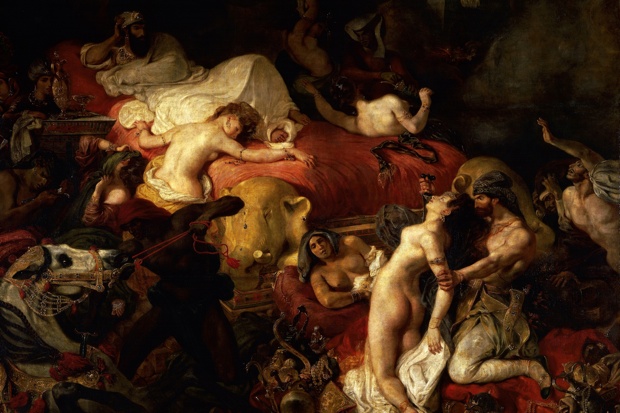
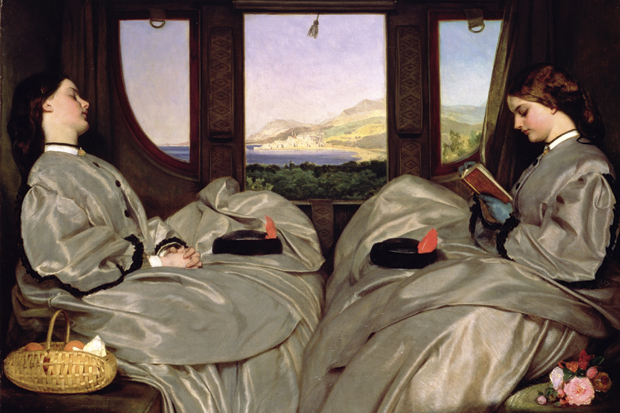
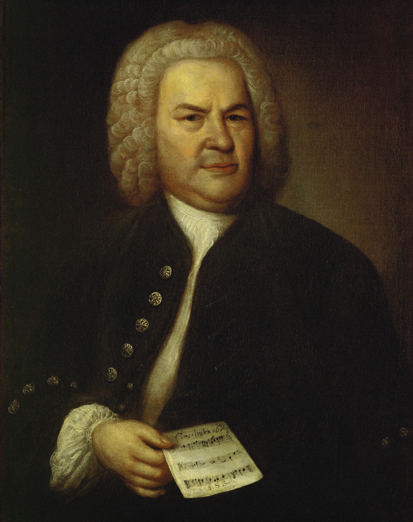
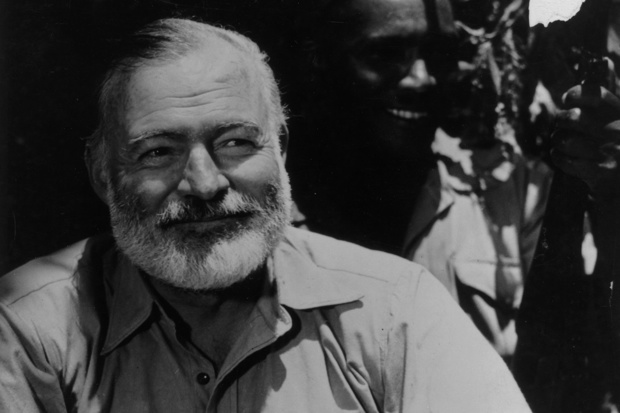

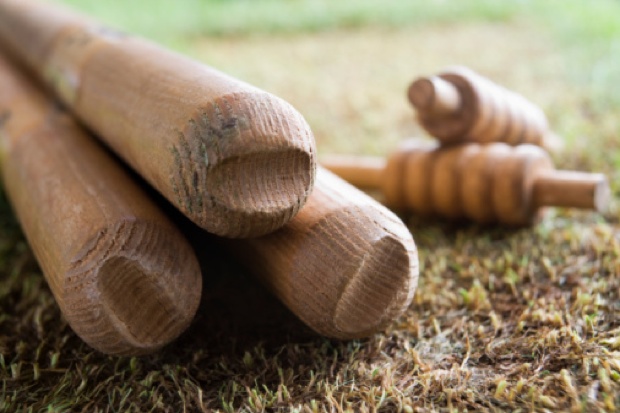
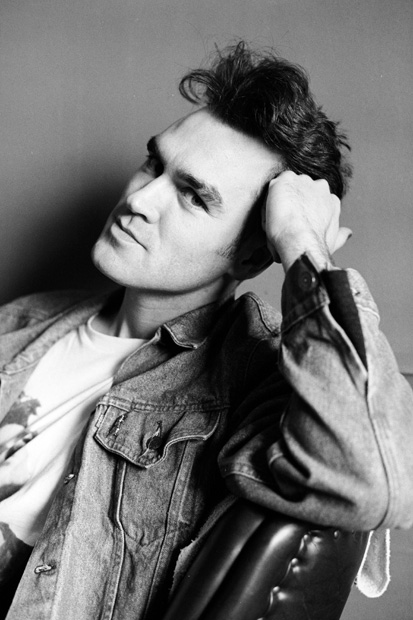






Comments
Don't miss out
Join the conversation with other Spectator Australia readers. Subscribe to leave a comment.
SUBSCRIBEAlready a subscriber? Log in